
$100 million in new charity funding unlocked, but philanthropy heavyweights say DGR reform is more important
Posted on 04 Mar 2026
The federal government has announced its decision on the percentage of assets that giving funds…
Posted on 11 Jun 2024
By Greg Thom, journalist, Institute of Community Directors Australia

From extra funding for agencies that provide food relief, to higher wages for the nation’s most vulnerable workers, the battle to address the nation’s cost-of-living crisis shows no sign of abating.
Even though cost-of-living relief formed a key plank of the recent federal Budget, millions of Australians continue to struggle to make ends meet.
The impact that low wages, rampant inflation and interest rate pain are having on people’s lives – and the multiple attempts to fix the problems – continue to dominate the headlines.
In the latest developments:
A study released by the Australian Security and Investments Commission’s (ASIC’s) MoneySmart consumer advice division found that 47% of Australian adults in debt – an estimated 5.8 million people – have struggled to make repayments over the past year.
The top reasons given for this were cost-of-living pressures, reduced income and unexpected expenses.
Further, more than 40% said they would rather sell their belongings and assets or work a second job than plead with their bank for help.
The research findings have prompted ASIC to launch a public campaign called Just Ask! aimed at encouraging those drowning in debt to seek help.
ASIC commissioner Alex Kirkland said three out of 10 financially struggling Australians said they would not seek hardship assistance from their bank or lender, despite being entitled by law to do so.
“For many Australians, the path to seeking help feels daunting, confusing and challenging,” said Mr Kirkland.
“It is concerning that people would rather sell their personal belongings or get a second job than seek financial hardship assistance.”
“We know that 38% of people in households in poverty rely on wages as their main source of income. In addition to lifting their incomes, our government needs to address the drivers of inflation, including skyrocketing and persistently high energy costs.”

The ASIC MoneySmart research revealed that more than 96% of people who said they had experienced financial problems reported negative side effects as a result.
These ranged from stress or anxiety (73%) to loss of sleep (56%) and a decline in their physical health or appearance (41%).
Mr Kirkland said the message for people under financial stress should be that banks and other lenders have a responsibility to support their customers.
He said if those seeking help received a less than adequate response, they shouldn’t take it lying down.
“If you aren’t happy with your bank or lender’s response, make a complaint, and if that doesn’t resolve the issue, contact the Australian Financial Complaints Authority.”
The campaign to help financially stressed Australians seek help from their bank came as the federal government acknowledged consistent calls for help from under-the-pump food relief agencies.
Minister for Social Services Amanda Rishworth announced a $4.9 million funding boost for emergency and food relief services across Australia.
Ms Rishworth said the cash injection would help organisations on the front line meet increased demand for everything from food to transport, clothing and medicine.
“We are providing this funding as part of our ongoing commitment to supporting Australian families and strengthening their financial wellbeing and capability,” she said.
“We want all Australians to be able to access emergency and food relief support when they need it, no matter where they live or the crisis they face.”
Ahead of Prime Minister Anthony Albanese’s snap caucus meeting in January to address the cost-of-living crisis, Australia’s food relief sector called for an urgent and dramatic increase in federal funding to help it respond to unprecedented levels of demand from cash-strapped Australians.
Despite research highlighted in the Foodbank Hunger Report 2023, which revealed cost-of-living pressures were crippling households across the nation, combined funding for Foodbank Australia, SecondBite and OzHarvest remained at just $1.3 million per year.
The extra funding announced by Canberra will be distributed among 192 federally funded emergency relief providers and three food relief organisations.
The government said the funding boost was part of more than $170.9 million in additional support for financial wellbeing programs since it came to power in May 2022
Financially struggling Australians received more good news with the Fair Work Commission’s decision to increase the minimum wage.

The Australian Council of Social Service (ACOSS), which has long campaigned for higher payments for the nation’s most vulnerable workers, welcomed the 3.75% wage bump, which it described as much needed recognition that people on low and modest incomes continued to experience financial stress.
ACOSS CEO Cassandra Goldie urged Canberra to do more, however, to tackle the causes of inflation and to lift income support such as Jobseeker and Youth Allowance to help those with the least.
“We know that 38% of people in households in poverty rely on wages as their main source of income. In addition to lifting their incomes, our government needs to address the drivers of inflation, including skyrocketing and persistently high energy costs,” she said.
ACOSS also welcomed the Commission’s decision to reassess wages for people working in community services and other sectors dominated by women, such as early childhood education and disability care.
High cost of living dictating trends in charitable giving
Tackling the cost-of-living crisis one savings goal at a time
Opinion: For most of us, the cost-of-living crisis is a moral panic, not an existential threat

Posted on 04 Mar 2026
The federal government has announced its decision on the percentage of assets that giving funds…

Posted on 04 Mar 2026
Australia’s for-purpose enterprise supporting Indigenous-owned businesses announced a record $5.83…

Posted on 04 Mar 2026
Hannah Nichols is the environmental, social and governance (ESG) lead at Australian Red Cross and a…

Posted on 04 Mar 2026
Major workflow software company Atlassian has announced it is offering its Teamwork Collection of…

Posted on 04 Mar 2026
In all charities and NFPs – big and small – annual budgeting brings with it a degree of…

Posted on 04 Mar 2026
New research from Diversity Council Australia (DCA) has found that even as one in four workers…

Posted on 25 Feb 2026
Australia’s community organisations are quietly holding society together. From local sporting clubs…
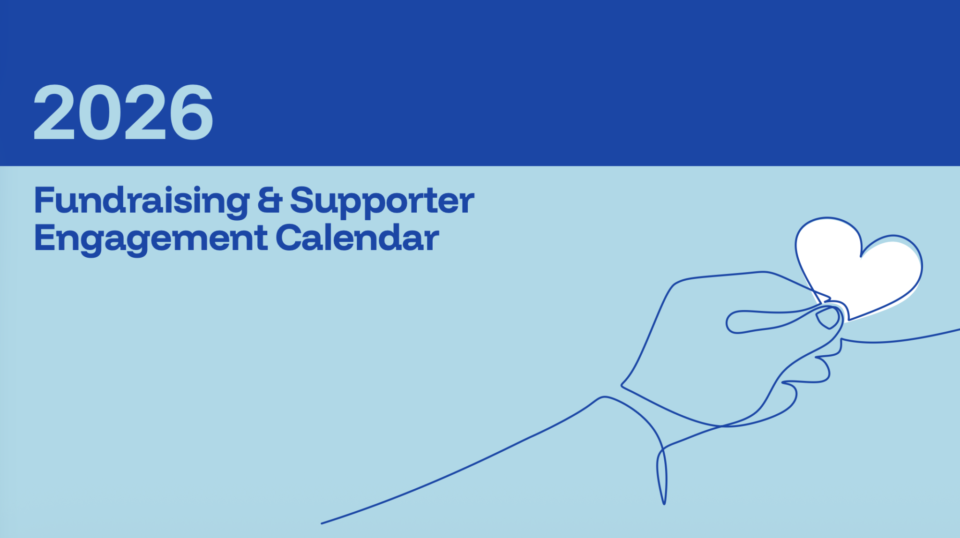
Posted on 25 Feb 2026
Writing communications for donors, stakeholders, regulators and the public can be a relentless task…
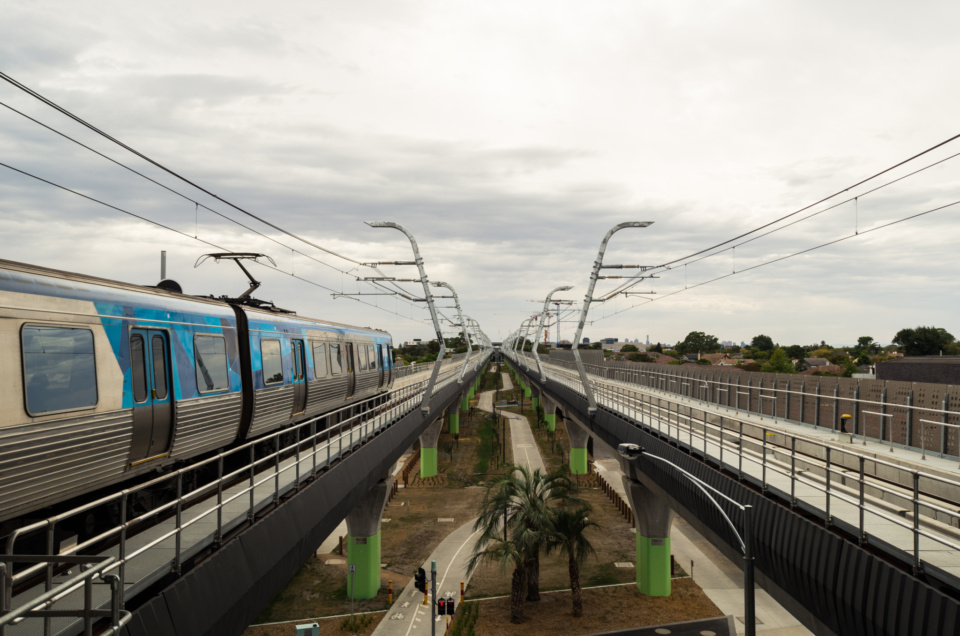
Posted on 25 Feb 2026
A Victorian suburb's hot debate about whether trains should live underground or in the sky ended…
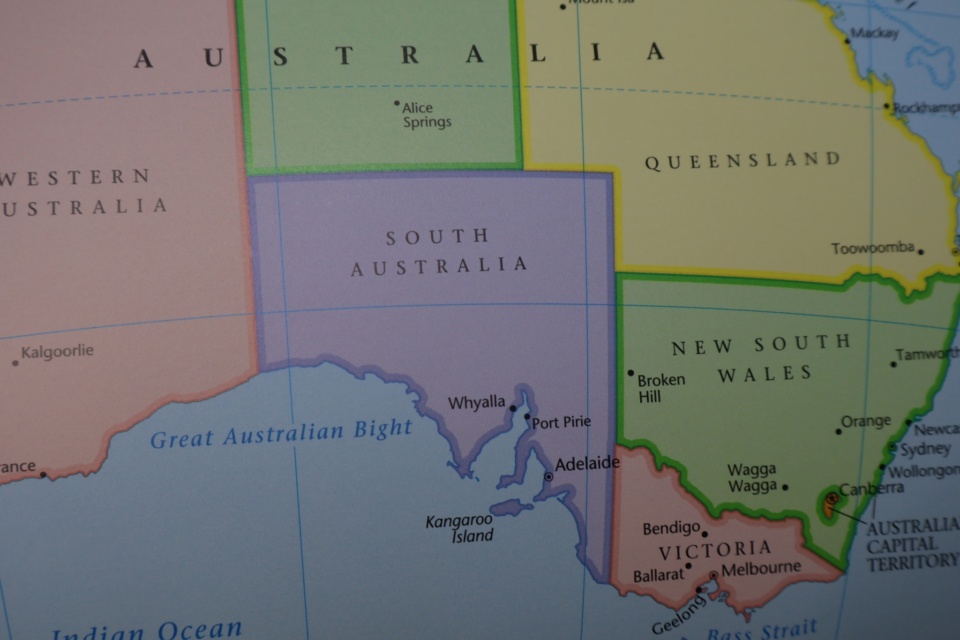
Posted on 25 Feb 2026
Three years after the federal government announced that national fundraising principles would be…
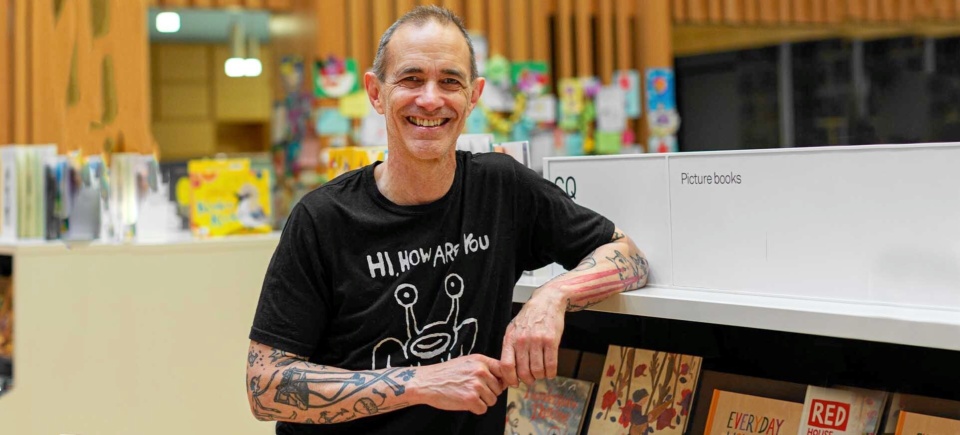
Posted on 25 Feb 2026
Author Andy Griffiths has spent 30 years bringing “punk rock” to children’s books, making kids…
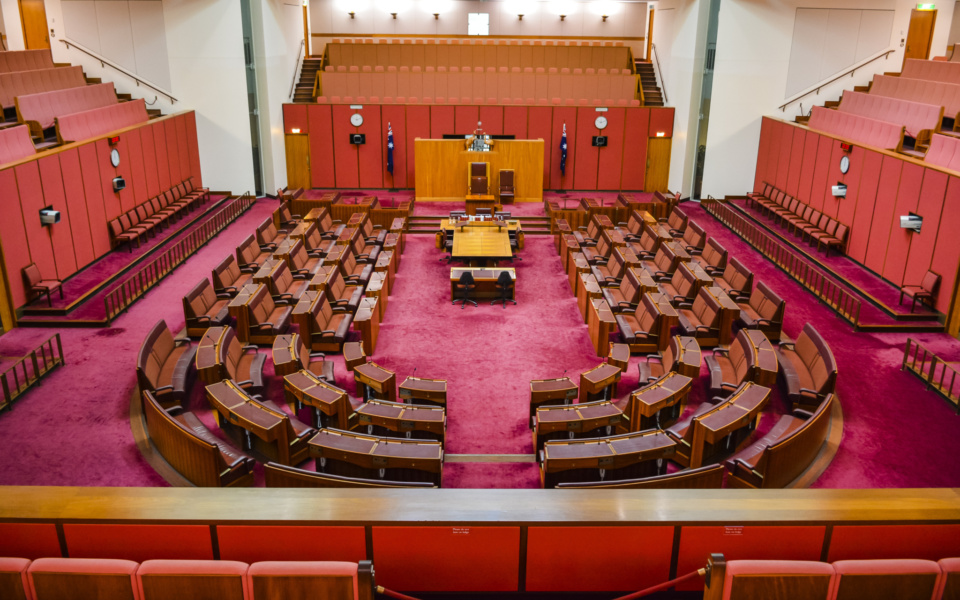
Posted on 25 Feb 2026
Senator Dean Smith is back as shadow minister for charities, and he’s told the Community Advocate…